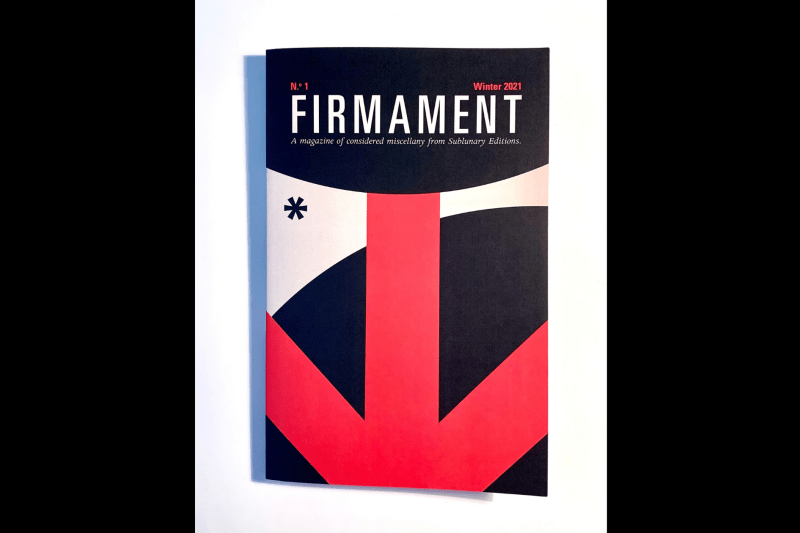When studying literature, especially at the undergraduate level, we often find ourselves reading “big” works: important novels, poetry books and short story collections. We strive to situate ourselves in the center in order to ascertain an overall understanding of an author’s oeuvre or an artistic movement. It is rarer to find occasion to consider the smaller things — fragments, incomplete manuscripts and works that have been lost or disregarded by those who construct the canon.
But the fragmentary and the fleeting have always been instrumental in developing literary movements (one must think of the proliferation of the “little magazines” during European avant-gardism at the start of the twentieth century) and should not be pushed aside. Sublunary Editions, an independent press founded in 2019, focuses exclusively on publishing brief works of literature. Its catalog contains innovative texts both new and old, and often translated from other languages into English, by authors such as Rainer Maria Rilke, Christina Tudor-Sideri, Thomas Pilaster, Osvaldo Lamborghini and Pierre Senges.
Firmament No. 1 – Winter 2021, published in January of this year, is the first issue of the Sublunary Editions’ new quarterly magazine, and offers high-quality intellectual engagement with literature and language. Its mission is one of constant questioning and exploration. As editor Jessica Sequeira writes in her Editor’s Note, “Clarity is rare as we go on finding, losing the subject. Objective? Our planet, conscious star, stumbles along in its search.”
As the tagline notes, Firmament No. 1 is a magazine of “considered miscellany”: fragments from the press’ forthcoming publications as well as interviews, columns and individual prose and poetry from global artists and scholars of literature. It is also a magazine that embraces the collaborative spirit of art and translation: Half of the bylines in the table of contents list two or more names — author, then translator.
Indeed, Firmament No. 1 takes as one of its central themes the problem — or, perhaps more aptly, the puzzle — of language and translation. In the piece “Fragments 1, 2, and 5,” writer Tony Messenger repeats, almost as if in incantation, “Language is a border.” Attempts to write or translate are always questions of how to cross this border of obscurity to clarity, to enter into a new world of understanding. “Language is a border, a border I continually attempt to cross. Why this urge to decipher? This longing to understand. Not know but understand.”
The work of Firmament No. 1 can be said to be driven by this “longing to … not know but understand.” The pieces in the magazine do not search for answers; they offer ways for the individual to embark on the search for answers themselves. In the first entry of his column for Firmament, Joshua Rothes — founder of Sublunary Editions and designer of the magazine — proposes that “most writing done with a specific set of aims is, after [philosopher Derek] Parfit, ultimately self-defeating,” but that “this process of undermining our stated aims is the most important part of the creative process.” Discovery comes from break-down, understanding from diversion.
In this, Rothes makes a case not only for this particular creative mindset, but also for Firmament and the press itself. Drawing from Parfit and philosopher Richard Rorty, Rothes says that “the writer should tear down monuments and build sandcastles instead.” The brief and the fleeting are the objects of beauty:
“We as writers must embrace the self-defeating nature of our task, the limits of language and metaphor to capture any significant truth for anything more than a fleeting instant, when it will once again slip through our fingers.”
This mission of the exploration and discovery of beauty — for the writer and for Firmament — is an ambitious one, but so is anything that comes with the undertaking of artistic creation. I do not want to say that Firmament promises to be a literary magazine that achieves this mission, for achieving something would inherently mean that the process of achieving it has come to an end. Exploration never ends. Firmament, then, promises to continue to explore.
